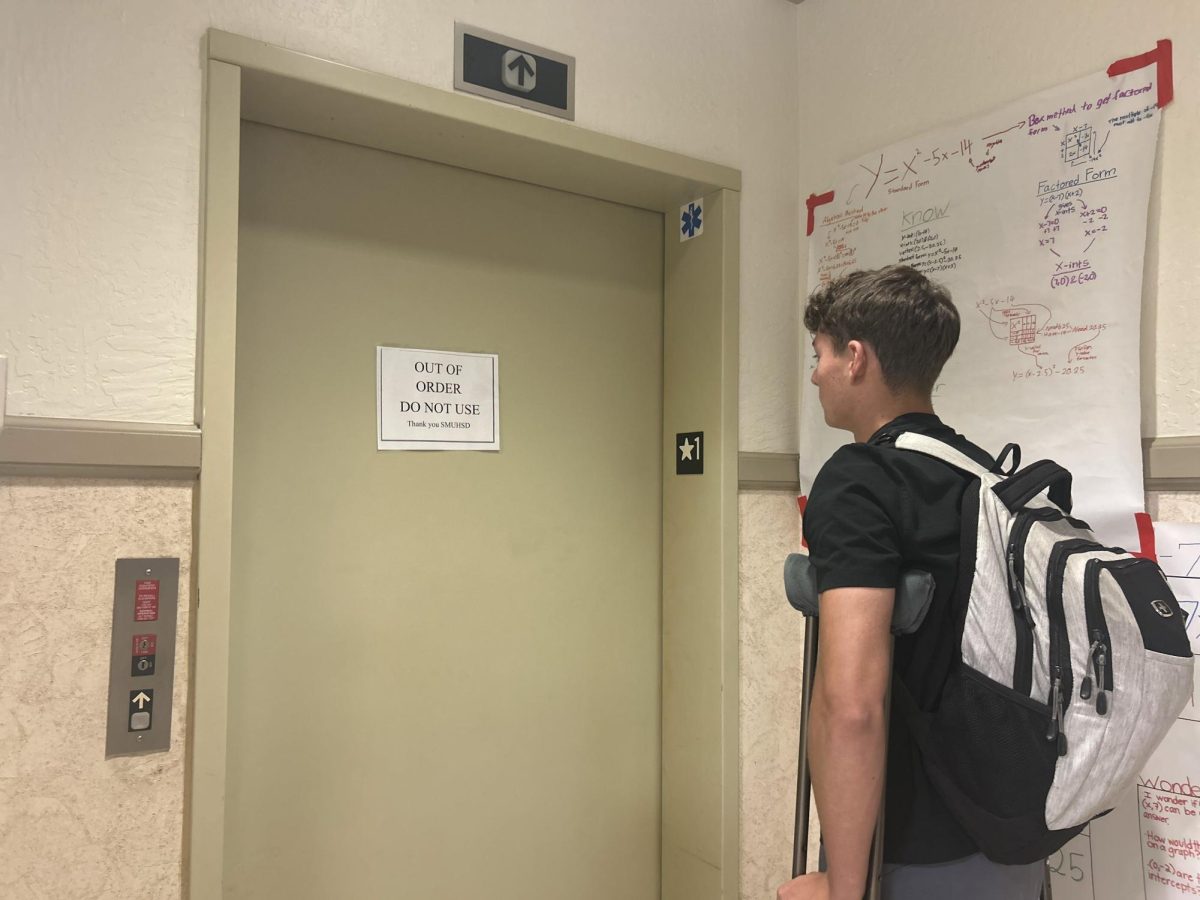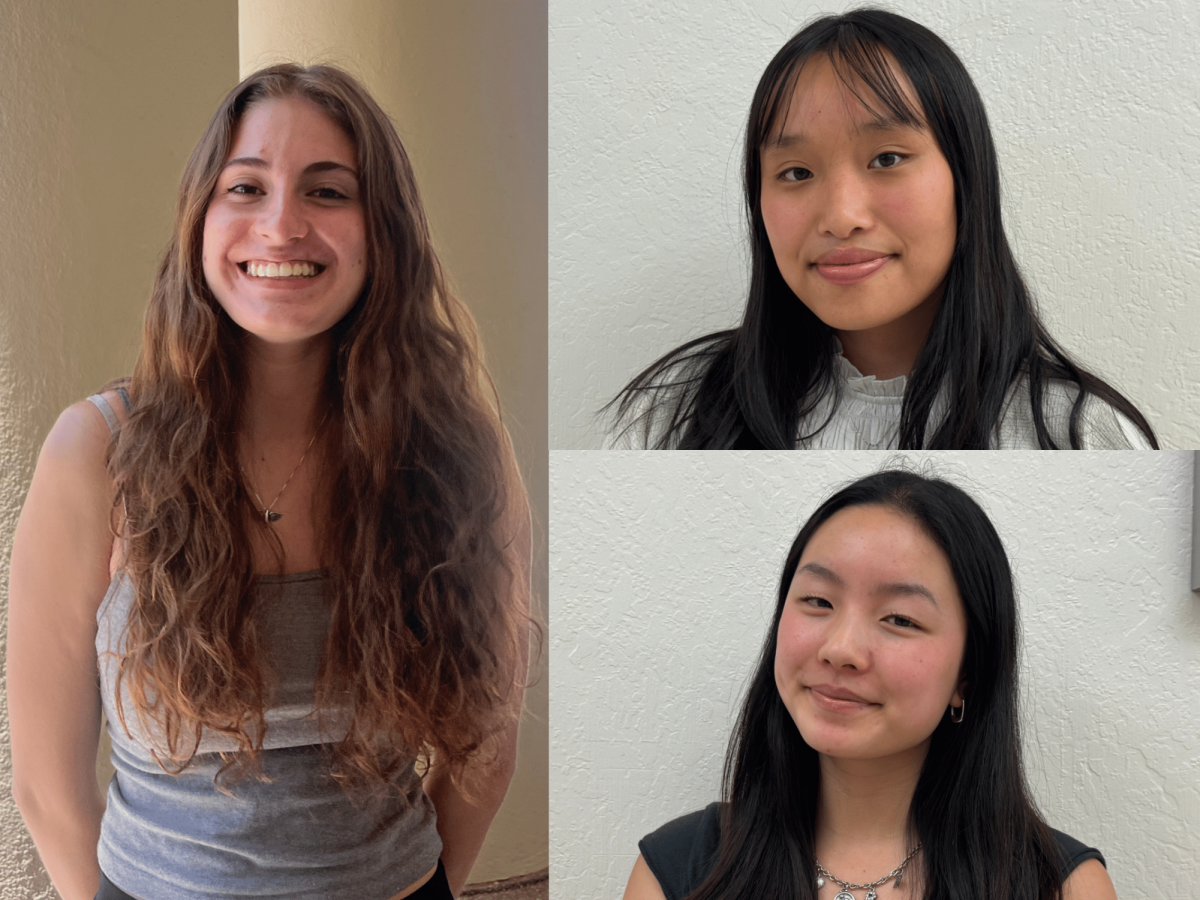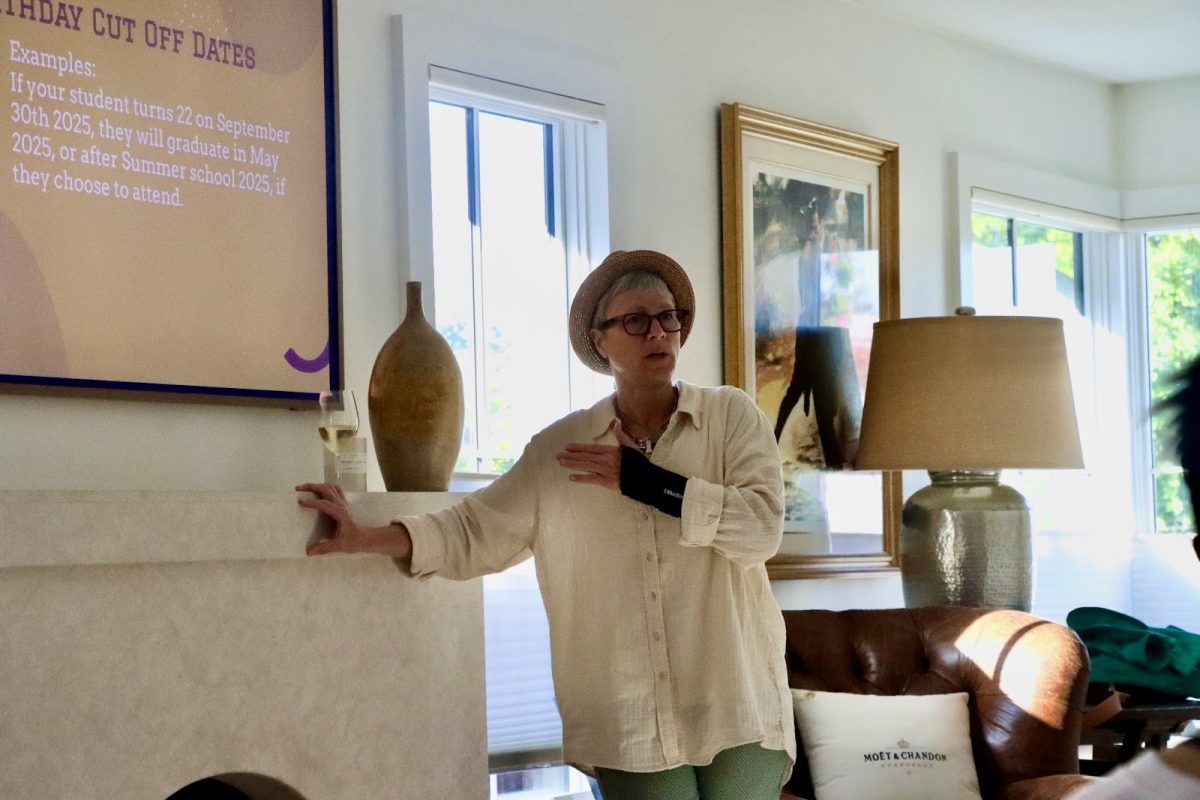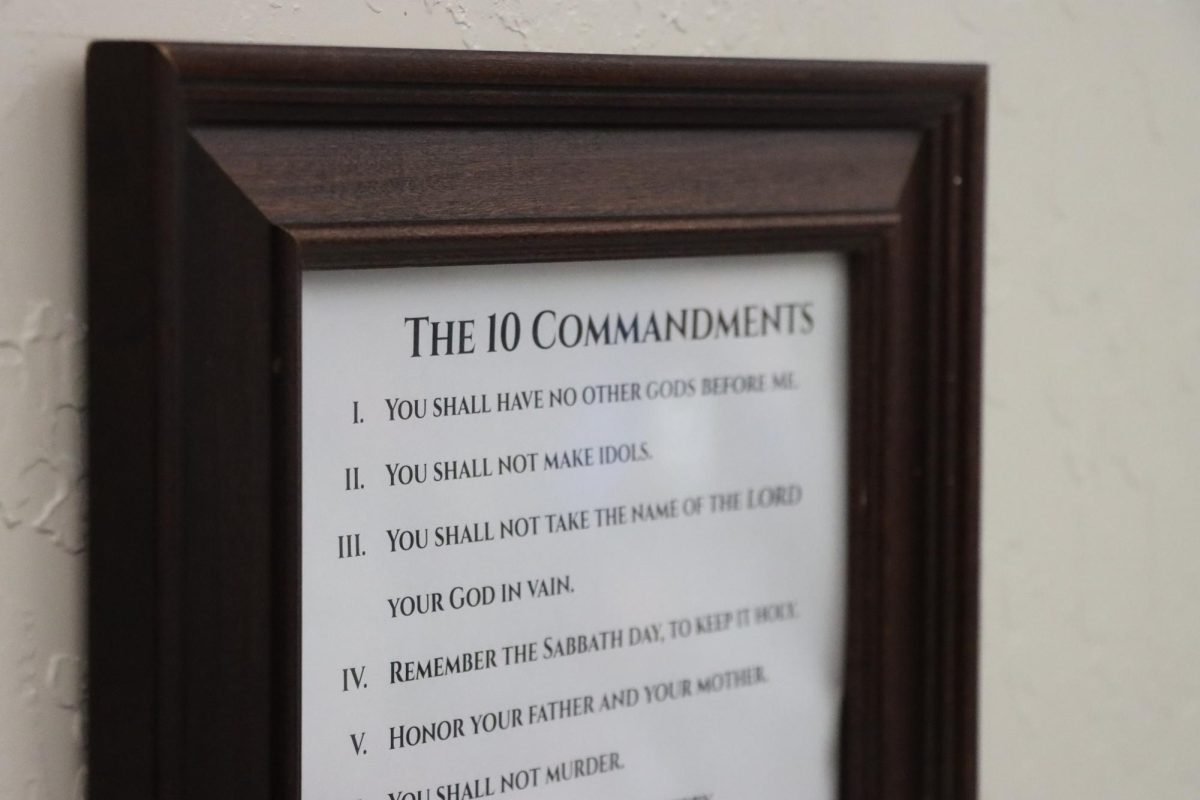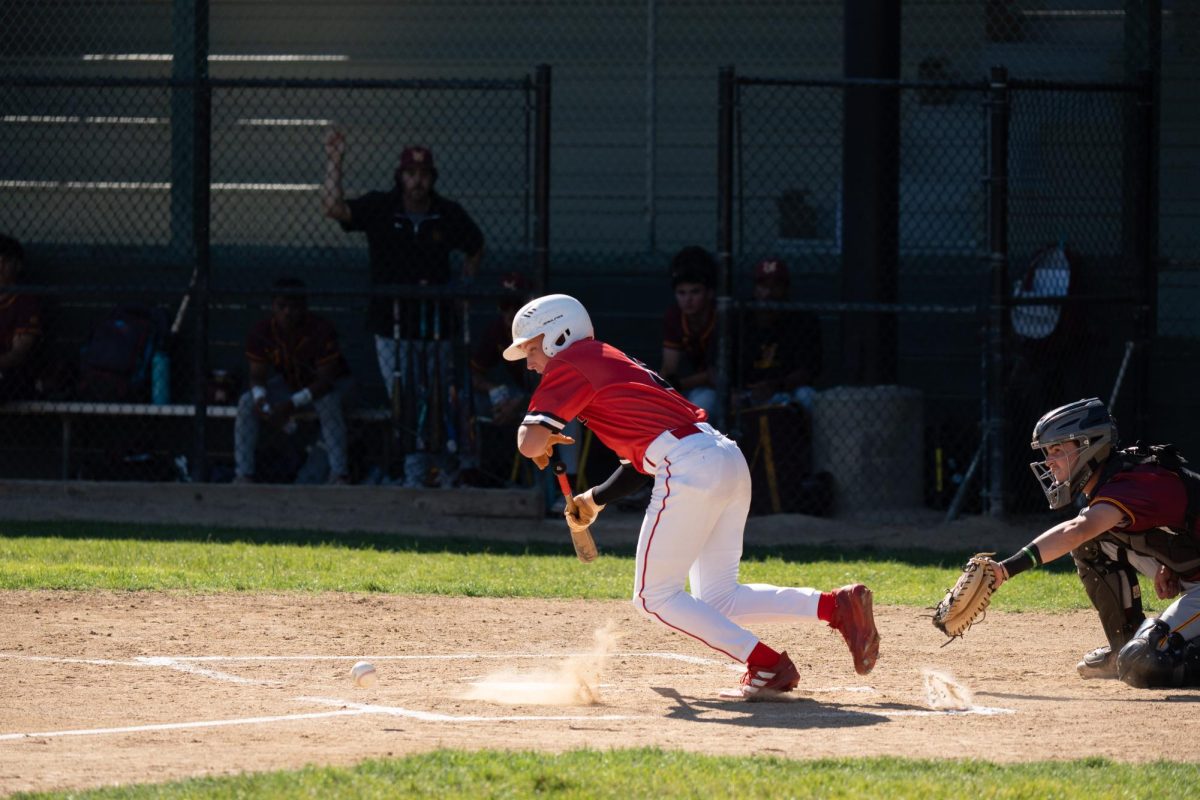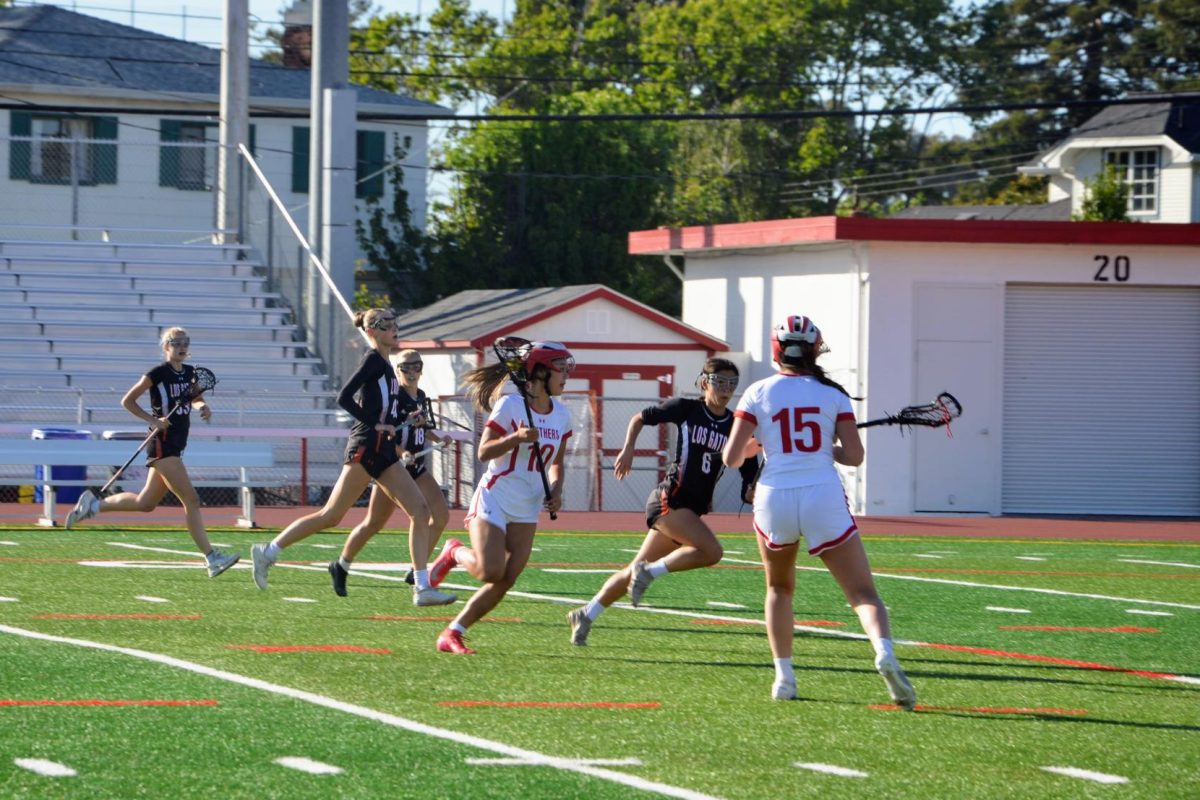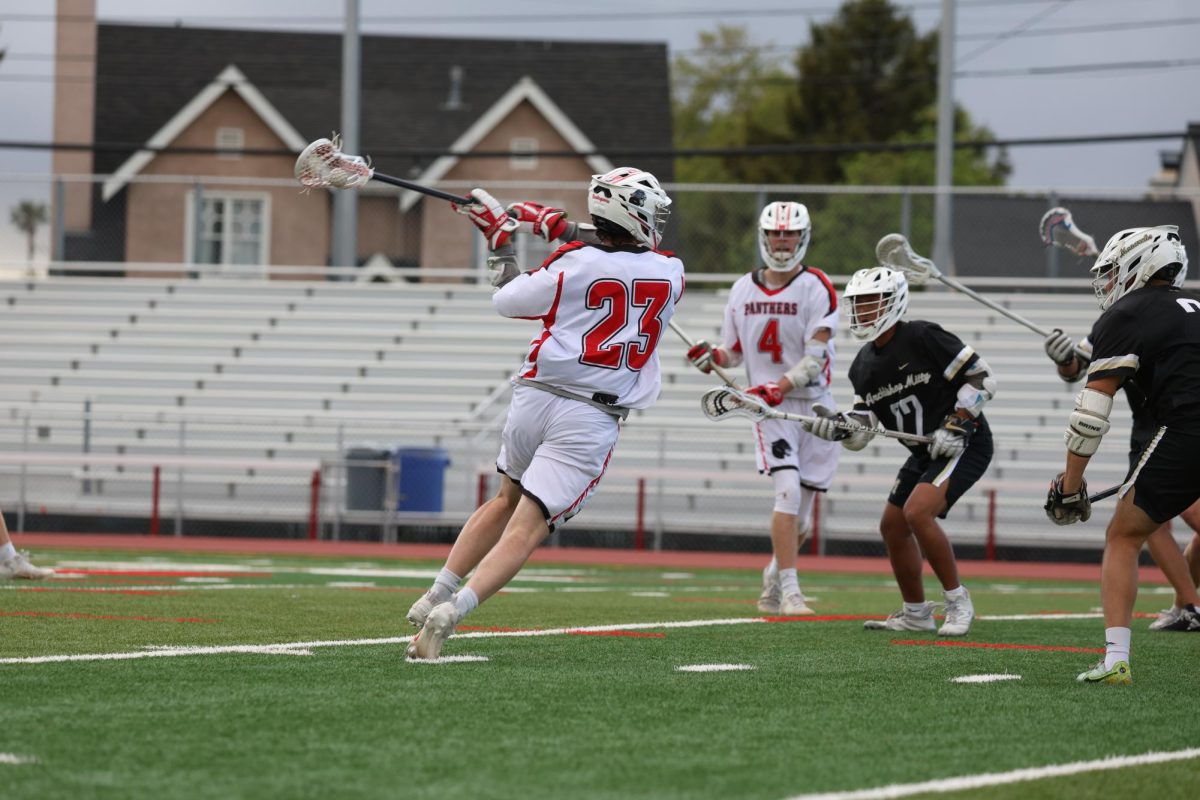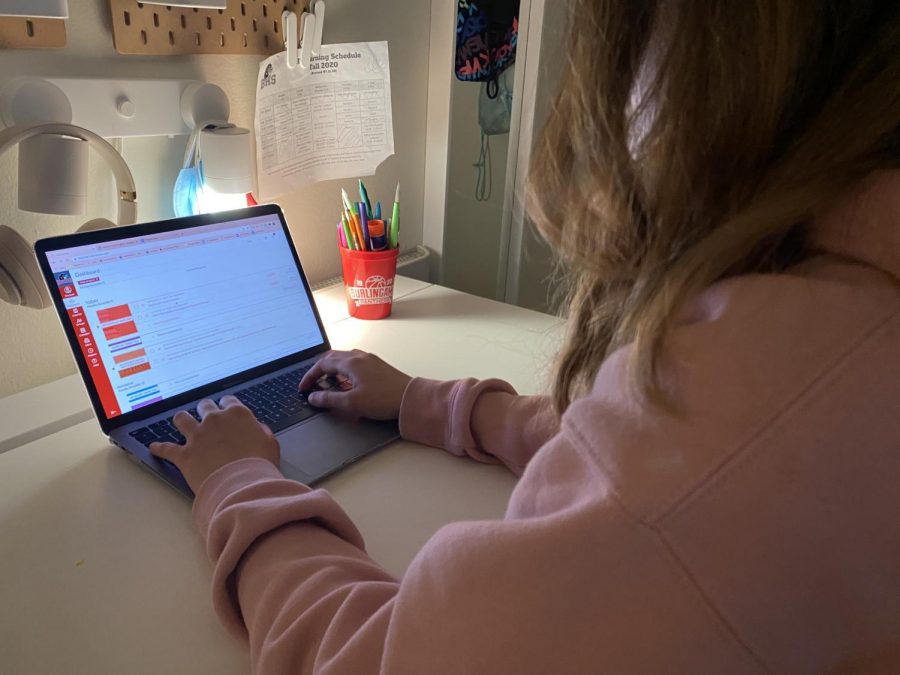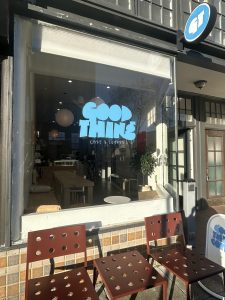Increased cheating resources lead to new prevention methods
Senior Anna Porto prepares to turn an essay in through Turnitin.com, a plagiarism detection platform used by many teachers during online learning.
November 19, 2020
Cheating was a recurring problem among students during in-person school, but teachers were able to keep a lookout for students who were acting suspiciously during quizzes and tests. However, with the switch to online classes, it has become very difficult for students to be surveilled as they previously were.
This lack of monitoring during assessments, combined with the many resources available for students during online learning, such as Edpuzzle, Edtech and Nearpod, prompt many students to turn to cheating as a way to get through their classes. For these reasons, teachers are seeking methods in which they can ensure academic integrity among their students.
Rebecca Zielkowski, an Algebra II teacher at Burlingame, has started looking for new testing methods. She has started using Edulastic, an online assessment platform, and a separate secure browser window to keep students from switching tabs and looking up answers. She is also requiring written explanations along with answers during her tests in order to ensure students actually understand how they got the answer.
“I’m asking students to justify their answer and explain it in their own words, how they did the problems and why they think their answer to a problem is correct. And it is extremely difficult to write in your own words if you don’t understand [the concepts],” Zielkowski said.
Bethany Li, an English II AS teacher at Burlingame, has been making subtle changes to classroom procedures by eliminating multiple choice quizzes and focusing more on essays and written responses, which are turned into Turnitin.com, a plagiarism detection program.
“In virtual learning I’m hearing pretty universally from the English Department that assessments are open ended, with free writing responses so that there’s less ability to just find an answer key, or screenshot or things of that sort,” Li said.
Likewise, the History Department is also requiring written responses, such as essays, that require an understanding of the material. AP European History teacher Joshua Gnass wants to create a meaningful learning environment where students can prove their knowledge without needing to cheat in order to do well in his class.
“I expect the students to be able to make an argument, write an essay, read documents and respond to them which requires them to demonstrate their mastery without using outside sources,” Gnass said.
Overall, teachers simply want to ensure students are caught up with the class and with the material, which cheating doesn’t allow them to.
“It’s not supposed to be harder. It’s supposed to just be a different way of testing you to make sure that you actually understand the information,” Zielkowski said.
Although teachers are doing whatever they can to minimize the cheating and plagiarism, there’s only so much that the online school system can prevent. At the end of the day, it is up to students to analyze their own personal values and choose whether or not they want to act with integrity.
“If there’s a will there’s a way,” Li said. “And so whether we’re in physical school or virtual school, If you choose to be ethical or unethical, the system around you doesn’t really make a big difference.”



